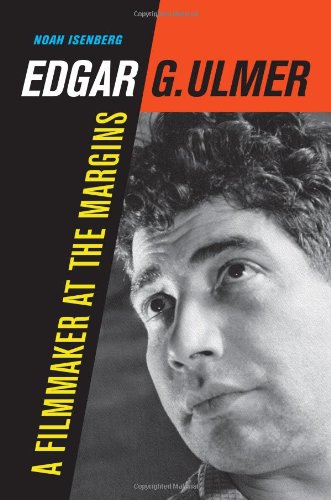Directed by Edgar G. Ulmer and released by Atlantis Pictures on September 23, 1942, Tomorrow We Live is a compact crime melodrama with noir undertones, set against the dusty backdrop of a desert town. With a runtime of 64 minutes, the film stars Ricardo Cortez, Jean Parker, and Emmett Lynn, and blends gangster menace with moral reckoning in a wartime context.
Plot Summary
Julie Bronson (Jean Parker) helps her father “Pop” Bronson (Emmett Lynn) run a modest desert café. Their quiet life is disrupted by The Ghost (Ricardo Cortez), a volatile gangster who operates a nightclub nearby and has discovered Pop’s secret: he’s an escaped convict. The Ghost blackmails Pop into using the café as a front for storing stolen goods—specifically black-market rubber tires, a wartime commodity.
As Julie becomes entangled in The Ghost’s schemes and unwanted advances, she must navigate a web of coercion, loyalty, and danger. The film builds toward a tense confrontation where justice and redemption hang in the balance.
Cast
- Ricardo Cortez as The Ghost
- Jean Parker as Julie Bronson
- Emmett Lynn as Pop Bronson
- William Marshall as Lt. Bob Carter
- Rose Anne Stevens, Ray Miller, Frank Hagney, and Rex Lease in supporting roles
Production Notes
- Directed by Edgar G. Ulmer, known for Detour (1945), the film reflects his talent for creating atmosphere on a shoestring budget
- The screenplay by Bart Lytton uses wartime black-market themes to heighten tension and moral stakes
- Cinematography by Jack Greenhalgh emphasizes stark desert landscapes and shadowy interiors, evoking a noir sensibility
- Music by Leo Erdody adds emotional weight to the film’s more introspective moments
- The film’s title, Tomorrow We Live, suggests a yearning for redemption and a future beyond crime and compromise
- Though modest in scope, the film was part of a wave of wartime crime dramas that addressed domestic corruption and moral ambiguity


Comments are closed, but trackbacks and pingbacks are open.